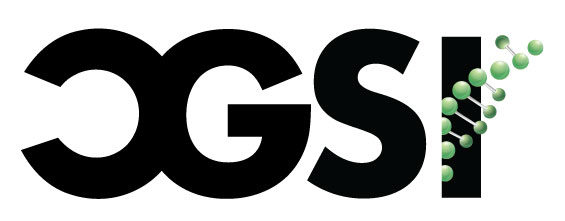07/14/2017 @ 10:00-10:45
Research Talk by Jason Ernst
Computational approaches for deciphering the non-coding human genome ![]()
1. Ernst, J. and Kellis, M., 2010. Discovery and characterization of chromatin states for systematic annotation of the human genome. Nature biotechnology, 28(8), pp.817-825.
2. Ernst, J., Kheradpour, P., Mikkelsen, T.S., Shoresh, N., Ward, L.D., Epstein, C.B., Zhang, X., Wang, L., Issner, R., Coyne, M. and Ku, M., 2011. Mapping and analysis of chromatin state dynamics in nine human cell types. Nature, 473(7345), pp.43-49.
3. Ernst, J. and Kellis, M., 2012. ChromHMM: automating chromatin-state discovery and characterization. Nature methods, 9(3), pp.215-216.
4. Ernst, J. and Kellis, M., 2015. Large-scale imputation of epigenomic datasets for systematic annotation of diverse human tissues. Nature biotechnology, 33(4), pp.364-376.
5. Ernst, J., Melnikov, A., Zhang, X., Wang, L., Rogov, P., Mikkelsen, T.S. and Kellis, M., 2016. Genome-scale high-resolution mapping of activating and repressive nucleotides in regulatory regions. Nature Biotechnology, 34(11), pp.1180-1190.
Jason Ernst | Computational approaches for deciphering the non-coding human genome | CGSI 2017
